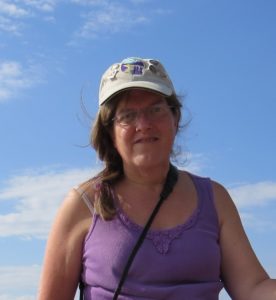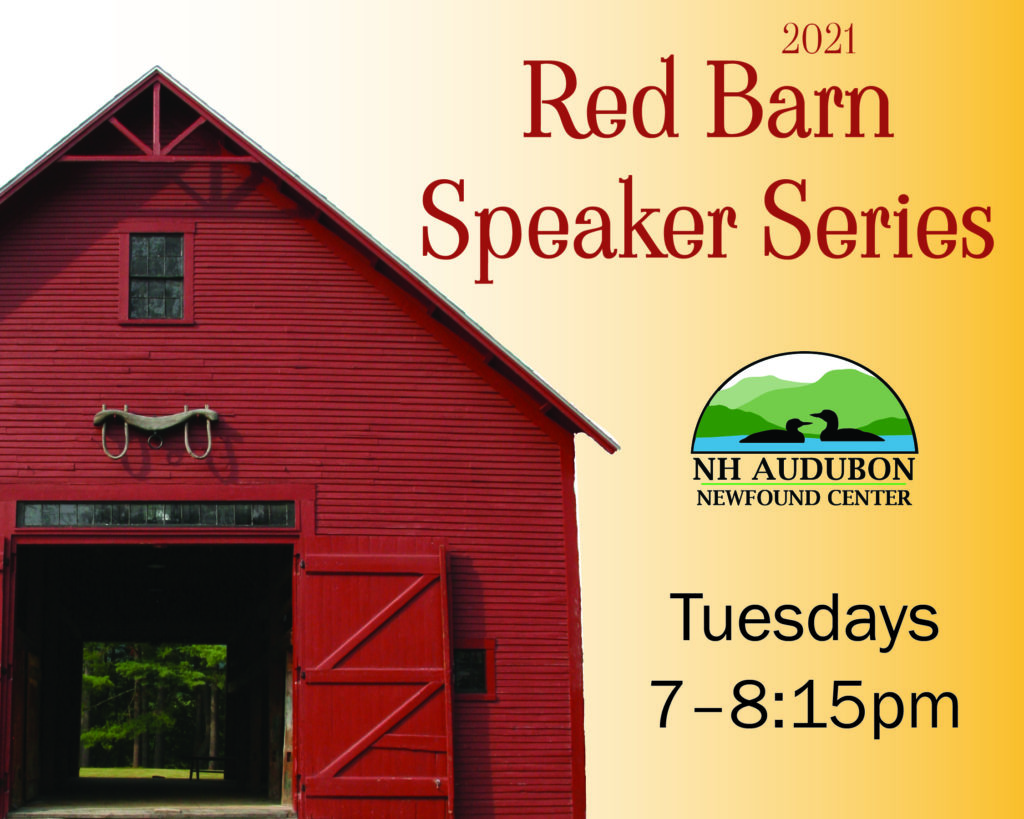Red Barn Series, Newfound Audubon
No registration necessary – just come and join us!
Speaker: Dr. Pamela Hunt, Senior Biologist- Avian Conservation, NH Audubon
In the last 50 years, scientists estimate that North America has lost roughly 3 billion birds, meaning that there are only three quarters as many birds around as there used to be. New Hampshire Audubon has been tracking bird populations for almost as long, and in our “State of the Birds” report we present a summary of how birds are doing here in the Granite State. Almost 300 species occur regularly here, and this report outlines general population trends, major threats facing birds and their habitats, and some of the conservation strategies that might help them recover. The bad news is that birds are declining here as well. The good news is that there are things we can do about it.
Please park across the street at Ash Cottage. Download a map here.

Special thanks to our series sponsor:



